Table of Contents
While there are many different natural nootropics for ADHD, we will focus on citicoline, a supplement with research-backed benefits for attention, dopamine, and cell energy. These nutrients are essential for the brain, and low levels of these compounds are associated with ADHD. This supplement supports the bioactivities of dopamine and norepinephrine, which may help address issue-specific ADHD symptoms.
Maritime Pine Bark

Maritime Pine Bark is a natural no-otropic that has a variety of benefits for the brain and behavior. The extract has properties vital to the brain, including anti-inflammatory properties, improved focus and mental clarity, and reduced aging. The bark also supports other nootropics, including L-tyrosine, which helps people stay awake and reduces boredom, two factors that may help replace stimulant ADHD drugs.
Maritime Pine Bark contains proanthocyanidins, which are antioxidants that support healthy brain function. Proanthocyanidins are antioxidants that pass through the blood-brain barrier to exert their effects. These compounds improve memory function and help the brain recover from mental trauma. Bacopa aids in memory recall. Maritime Pine Bark is standardized to contain 95% proanthocyanidins, which are neuroprotective compounds that help improve brain health and performance.
Phosphorylserine, or Proanthocyanidin, is a common ingredient in natural nootropics. It helps prevent harmful oxidative stress and promotes peak blood flow throughout the brain. Studies have shown that MPBE improves concentration and impulse control in children with ADHD. Although the exact mechanism behind MPBE's effects on ADHD remains unknown, this supplement can be an excellent alternative to ADHD medications.
Some studies suggest that Maritime Pine Bark is a nootropic for ADHD. The ingredient L-Tyrosine supports the function of the neurotransmitter catecholamine. L-Theanine promotes the function of the alpha brain waves, which promote creativity and relaxation. Both of these are important aspects for people with ADHD. Maritime Pine Bark is a great nootropic for ADHD.
Agmatine
Recent studies have suggested that agmatine may have benefits for those with ADHD. Animal studies have shown that it can reduce high body temperature and boost survival, and some studies suggest it can improve cognition. Although human studies are lacking, the findings suggest that agmatine may have benefits in treating ADHD and other conditions. The next step in this process is a better understanding of its effects on the brain.
The effects of a combination of herbs for ADHD have been studied in a small number of studies. Some herbs are believed to improve symptoms, while others may have additive or interactive effects. Because of these mixed effects, the risk/benefit balance of these herbal supplements must be carefully assessed when used with other medications. In the case of agmatine, further studies are needed to determine how long it takes to reach desired effects.
One study found that agmatine reduced the dependence on morphine in rats. It also increased the effects of cannabinoid receptor activators in rats. This compound may also influence the production of cannabinoid receptor type 1 by indirectly influencing it. However, human studies are still needed to determine its effects. Although the benefits of agmatine are unclear, the substance may improve mood and cognitive function, reduce addiction, and help athletes.
Phosphatidylserine
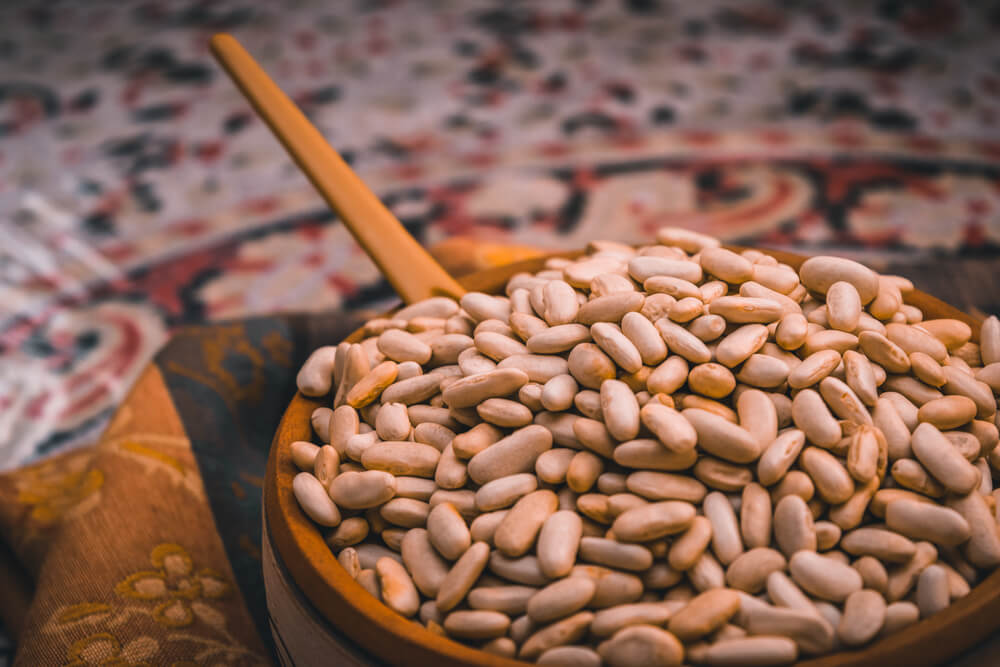
There are some mixed reviews of the effects of phosphatidylserine as compared to other nootropics. The most well-known supplement for phosphatidylserine is Alpha GPC. However, there are some good reasons to add PS to your diet. While there is not yet a definite answer, a high-quality PS supplement can help you improve your mood.
Research suggests that PS can increase energy levels in brain cells and boost glucose metabolism, which may support ADHD fatigue. It is also an important part of brain cell membranes, which maintain fluidity. These membranes fire with catecholamines, which help us focus and keep our attention. Taking PS may be a natural alternative to pharmaceutical drugs that cause side effects.
Phosphatidylserin is an effective brain supplement for those with ADHD and other types of neurodegeneration. It regulates the fluidity of cell membranes, improves neuroplasticity, and supports the functioning of ion channels and signaling molecules in the brain. In fact, phosphoidylserine has even been used to treat Alzheimer's disease.
It may also support the synthesis of dopamine and serotonin in the brain, and may clear up some of the fog associated with ADHD. Phosphatidylserine is an important part of overall brain health, and N-Acetyl-L-tyrosine is believed to have better absorption than other forms. Citicoline is an amino acid extracted from green tea. It promotes Alpha brainwave activity, which is beneficial for the production of dopamine in the brain.
Zinc
Many people have heard about the benefits of zinc as a nootropic, but are they really effective? Thankfully, researchers have begun to study the effectiveness of this mineral as a natural ADHD cure. Its major role in DNA synthesis, cell growth, and neurotransmitter production make it an excellent choice for many people. People with ADHD are likely to experience improvements in their symptoms after taking zinc. Autism spectrum disorders (ASDs) are a group of developmental disorders, ranging from severe forms of autism to milder forms like Asperger syndrome.
Many parents are concerned about their child's ability to focus in class. While this can be challenging for kids with attention problems, they may need some help maintaining their mental faculties. Nootropics can help by enhancing cognitive ability and supporting the effects of ADHD medications. While ADHD is not a cure-all condition, it can help improve mood and reduce symptoms of ADHD. For parents, natural nootropics are a great option for providing calming effects for their children.
Some people have reported positive effects from taking zinc sulfate. Other people have noted improvements in their ADHD symptoms. Other ways to increase zinc in your child's diet are to eat more zinc-rich foods. Oysters, hemp seeds, lentils, and oatmeal are all good sources. Zinc is one of the most common nootropics available and has been linked to ADHD for many years.
Omega-3 fatty acids
More children are having trouble focusing in class. This is a common problem with children with attention-deficit hyperactivity disorder (ADHD). The classical treatment of ADHD is often stimulant medication. However, this method has shown to have serious side effects and is also often intolerable. Another treatment option is omega-3 fatty acids. These nutrients are essential for brain development and function. Research shows that omega-3 fatty acids may be beneficial for ADHD.
While there is little evidence to support the use of omega-3 fatty acids as a natural nootropic for ADHD, there is some evidence to suggest that they are beneficial. These fatty acids are important for brain development and may support mood balance. Fish oil supplements are one option for obtaining Omega-3s. Flaxseed, algae, and oats are other sources of omega-3s. Various vitamins and minerals are also considered nootropics, and many people are lacking in these nutrients. Insufficient levels of these vitamins or minerals may increase the risk of ADHD.
Although traditional therapies for ADHD often involve the use of stimulants, nootropics are considered a safe and natural alternative to these treatments. These natural ingredients improve attention and focus. The effects of these compounds may be temporary or permanent. However, if nootropics have long-term effects, they are worth pursuing. They may also help improve the overall quality of life for those with ADHD.
Ginseng
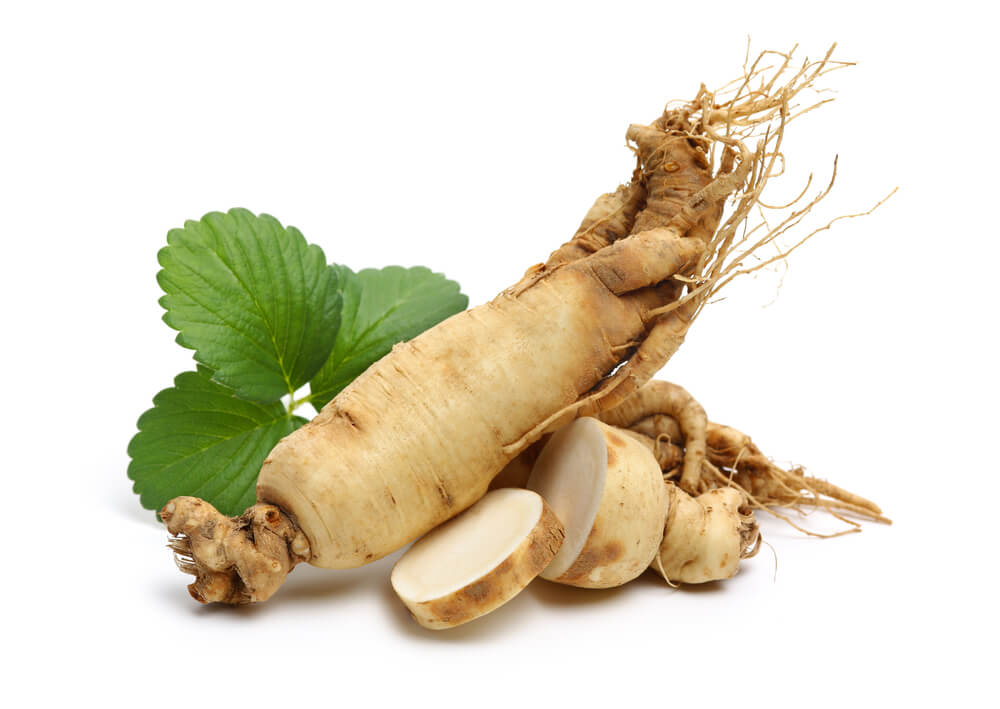
While there are no specific studies confirming that ginseng is an effective nootropic, it is worth taking into consideration that it is widely available in many forms. It is available as a supplement in liquid tinctures, capsules, and powders. Dosages vary, and are dependent on an individual's weight and health status. For pregnant women and older adults, ginseng may not be suitable. It is known to enhance cognitive health by increasing CDP-choline, a crucial component in brain and cognitive functioning. This chemical is essential for synthesizing Acetylcholine, a neurotransmitter that sends messages from neurons in the brain. The brain needs healthy neurotransmitters to function properly, so ginseng can improve memory and cognitive functioning.
The research behind ginseng and ginkgo biloba has indicated that ginsenosides affect brain functions differently. The polysaccharide ‘Ginsan' regulates the immune system and is believed to improve memory. Anti-inflammatories are another advantage of ginseng. However, these compounds are rarely discussed in the nootropic community. However, they have been found to have positive effects on the brain, and can help individuals with ADHD improve their cognitive health.
Currently, the most effective treatment for ADHD is a combination of psychotherapy and nutritional supplements. These treatments may not be effective, depending on how they affect the brain's function. While they are not foolproof, many parents who seek non-drug treatments for their children. Ginseng is one of these options and has shown promise in reducing the symptoms of ADHD. But there is still a long way to go before concluding whether it's the best natural option for ADHD.

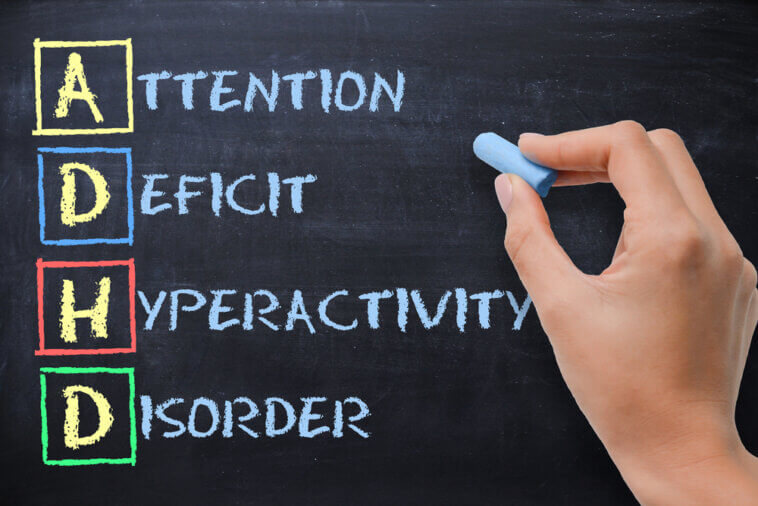
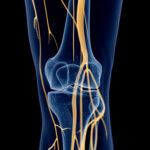
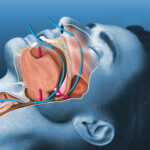
Comments
Loading…